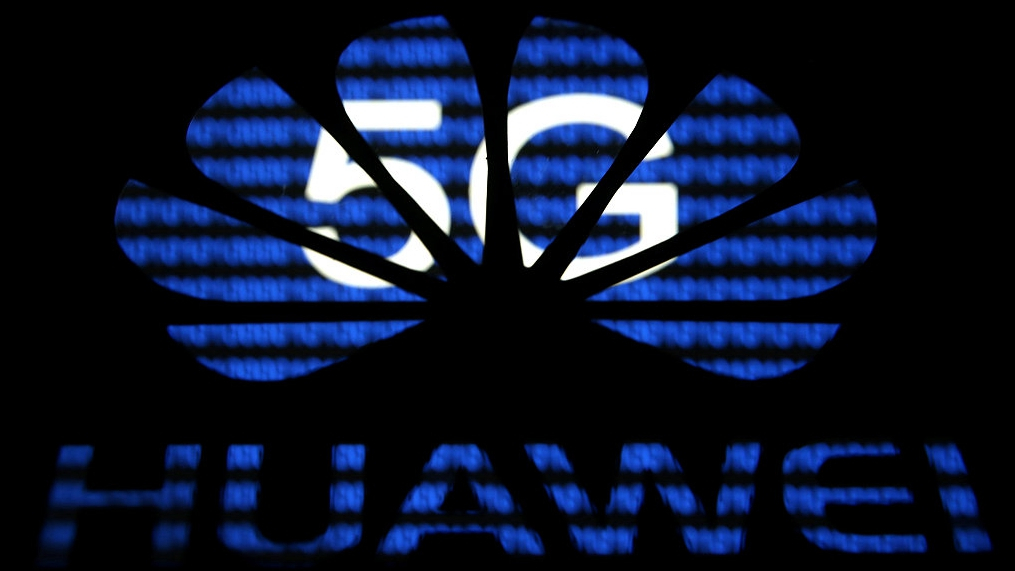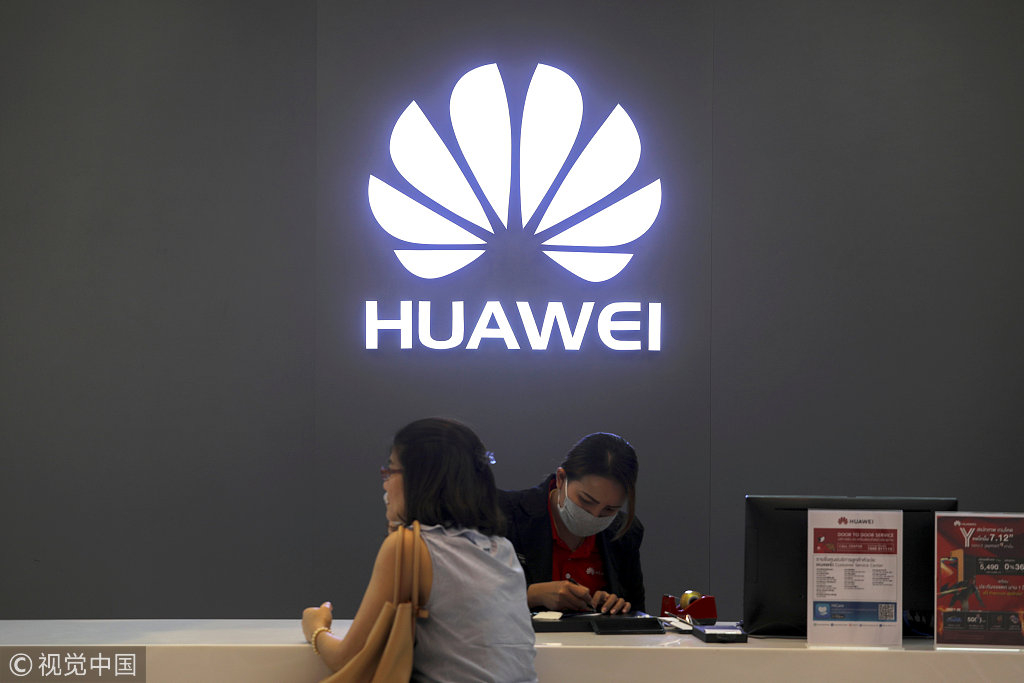
Opinion
19:06, 22-Feb-2019
Is Trump offering an olive branch to China amid trade talks?
Liu Jianxi

"I want the United States to win [in 5G technology] through competition, not by blocking out currently more advanced technologies," U.S. President Donald Trump tweeted on Thursday.
Although Trump did not name Huawei, the company, which is standing at the forefront of 5G technology, is widely believed to be what the president was referencing. Since the outbreak of the trade war, Washington has been actively lobbying its allies not to use Huawei and reportedly preparing an executive order to ban the firm from operating in the United States.
Is Trump backing away from aggressive Huawei policy and offering an olive branch to China? Many observers believe yes. The president is extending goodwill to Beijing as Chinese leader's special envoy Liu He is in Washington for the seventh round of trade talks, Cheng Dawei, a professor at the School of Economics of China's Renmin University, told CGTN.
"Negotiators are drawing up memorandums of understanding (MoU) in Washington. Although no details have been released so far, the United States may be able to reach its strategic aims via some of the items in the MoUs," Cheng said, adding that "this may be why Trump let off Huawei this time."

A woman sits next to a salesperson at a Huawei shop in Bangkok, Thailand, January 30, 2019. /VCG Photo
A woman sits next to a salesperson at a Huawei shop in Bangkok, Thailand, January 30, 2019. /VCG Photo
From Meng Wanzhou's detention to the reported executive order, Trump has been using the Chinese telecommunication giant as a bargaining chip at the negotiation table. While Trump's primary purpose was to seek maximum interests from China in the first few rounds of talks, the president is now desperate to end the trade fight as the March 1 deadline looms.
This explains why the "master of the art of the deal" was relentlessly pushing allies to exclude Huawei from their markets at the very beginning of the negotiations, but softened his stance in less than 10 days before the deadline.
Labeling itself as the bastion of free trade, Washington is ironically holding innocent companies as a hostage for more political gains. When asked by CNN “what's behind the U.S. campaign against Huawei,” 61 percent of the respondents believed it is politically motivated.
Washington has repeatedly accused Huawei of spying. Such allegations do not hold water at all. In its recent review, the UK concludes that there was no need to ban Huawei from its market. Germany, as well, is not convinced of Huawei's alleged security threat.
Huawei's unrivaled technology is another reason for Trump's switched attitude. Only China offers the soup-to-nuts kit and "there is no American alternative," the Business Insider quoted John Hemmings, the director of the Asia Studies Center at the Henry Jackson Society, as saying, adding "5G by the U.S., it's like a jungle out there… It's like a Frankenstein."
China is regarded as the only country able to give Western countries the biggest “bang for the buck.” In comparison with Huawei, U.S. carrier Verizon and AT&T are still activating fledgling 5G networks in selected cities, and most experts believe “it will take until at least 2020 for 5G to become widespread,” CNBC reported.
Apart from Germany and the UK, many European countries are casting doubt on the Huawei ban. Earlier, Hungary and Slovakia publicly dismissed allegations against Huawei during U.S. Secretary of State Mike Pompeo's Central European tour. In this context, Washington is shooting itself in the foot if it insists on the strong Huawei policy.
Despite Trump's softened stance, Cheng warned that “the United States cannot accept Huawei's setting up standards in 5G technology” and Beijing is still Washington's primary target of containment, of which the world's second-largest economy must stay on high alert.
(If you want to contribute and have specific expertise, please contact us at opinions@cgtn.com)

SITEMAP
Copyright © 2018 CGTN. Beijing ICP prepared NO.16065310-3
Copyright © 2018 CGTN. Beijing ICP prepared NO.16065310-3